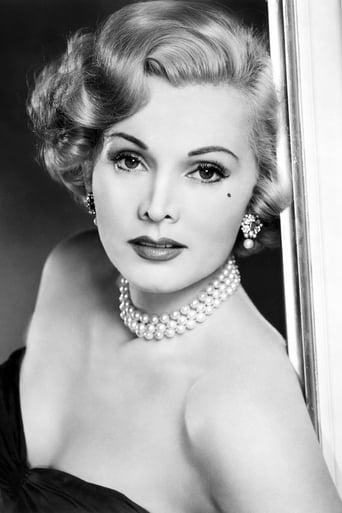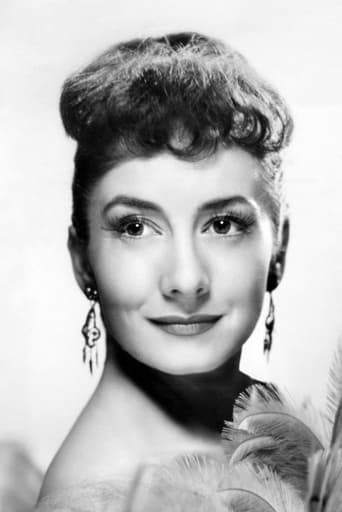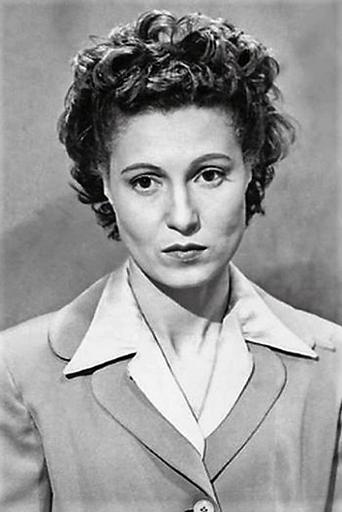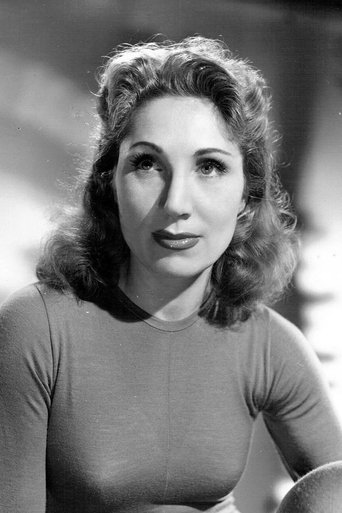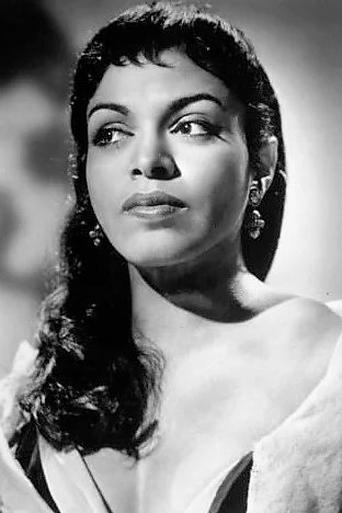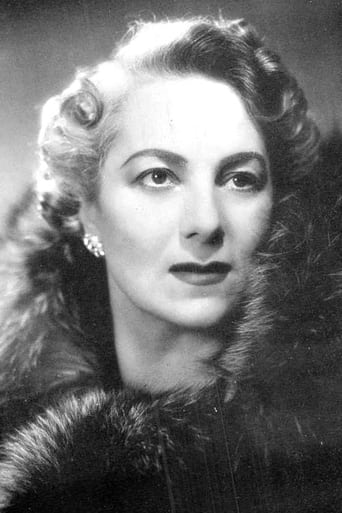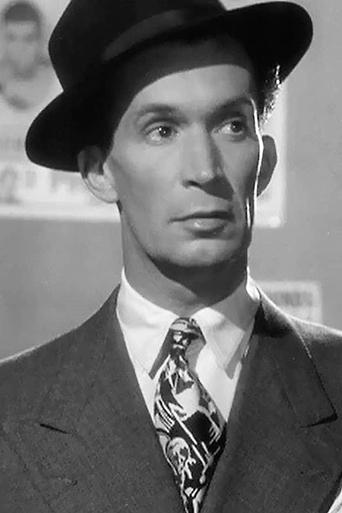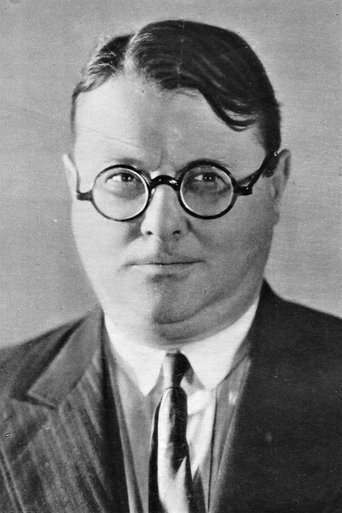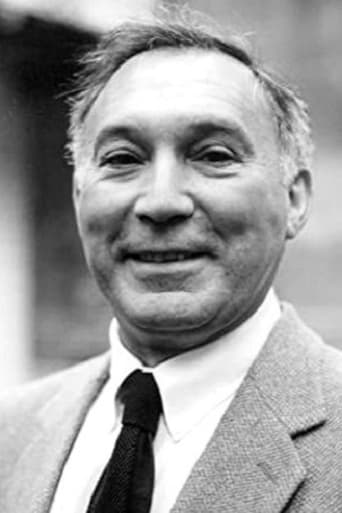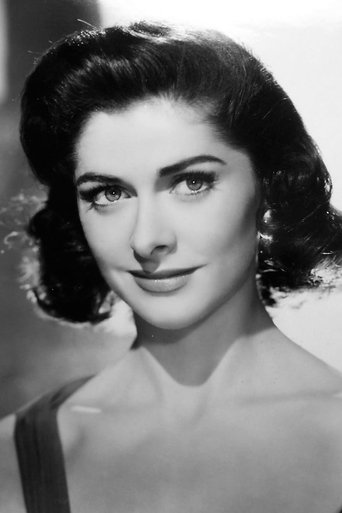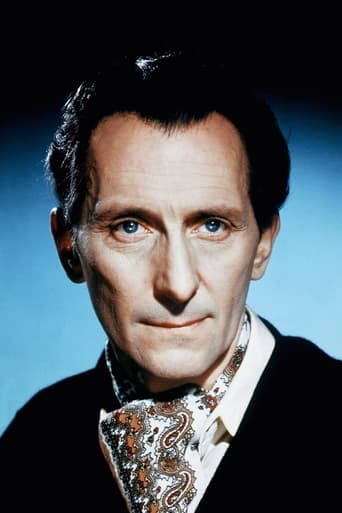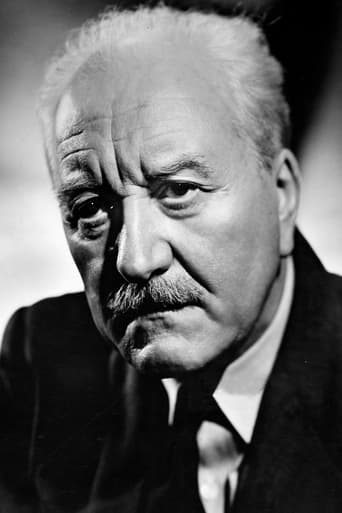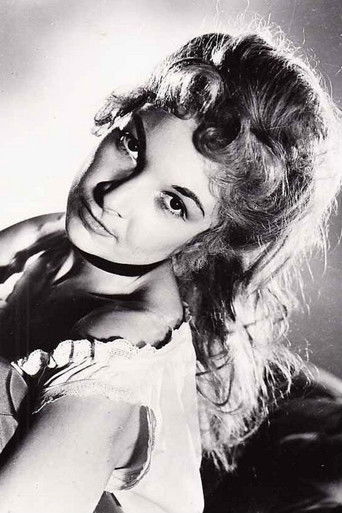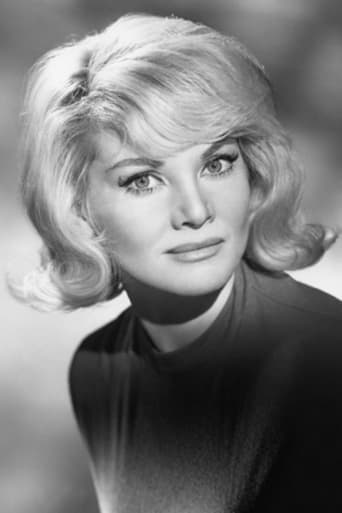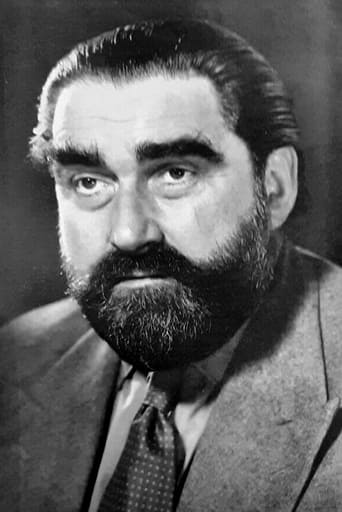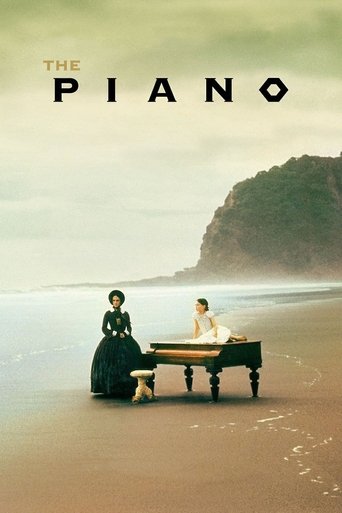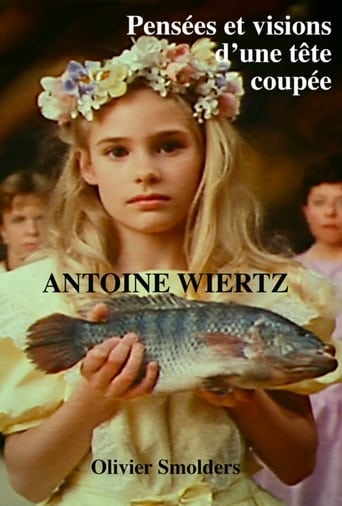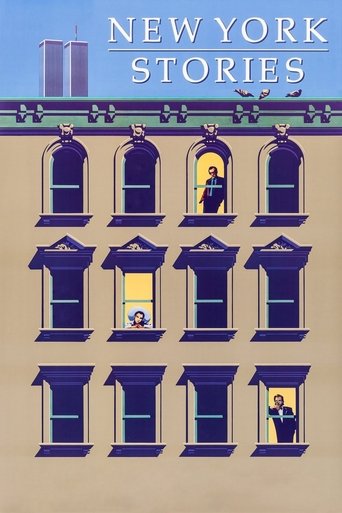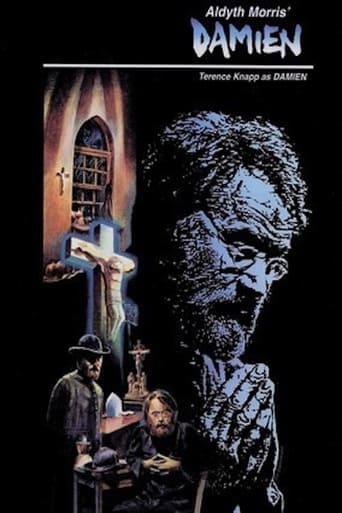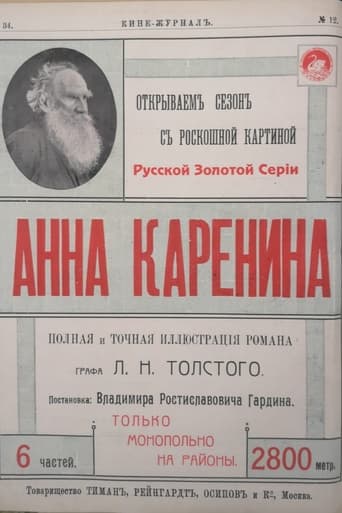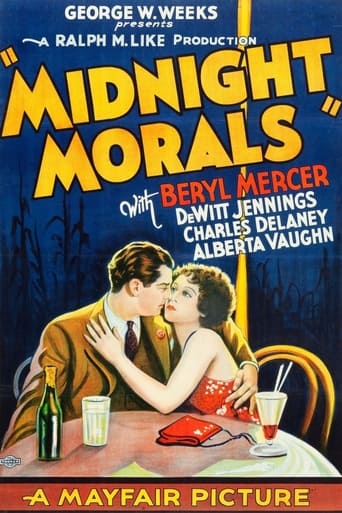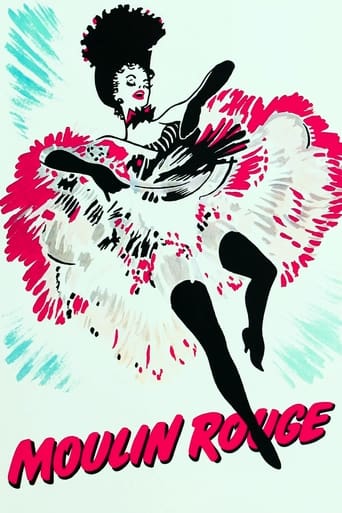
Moulin Rouge (1952)
Born into aristocracy, Toulouse-Lautrec moves to Paris to pursue his art as he hangs out at the Moulin Rouge where he feels like he fits in being a misfit among other misfits. Yet, because of the deformity of his legs from an accident, he believes he is never destined to experience the true love of a woman. But that lack of love in his life may change as he meets two women
- John Huston
- Adrian Pryce-Jones
- Angela Allen
- Jack N. Green
- John Huston
- Anthony Veiller
- Pierre La Mure
- Paul Dehn
- Jacques Larue
Rating: 6.665/10 by 97 users
Alternative Title:
물랑 루즈 - KR
Country:
United Kingdom
Language:
English
Runtime: 01 hour 59 minutes
Budget: $1,500,000
Revenue: $0
Plot Keyword: prostitute, dancer, paris, france, cabaret, artist, painter, biography, historical fiction, disabled, bohemian, cancan dance, montmartre, paris, cabaret dancer, 19th century, moulin rouge
Rushing to meet his returning father, the young Henri de Toulouse-Lautrec takes a tumble down their elegant marble staircase and that leaves him with broken legs that will stunt his growth. Struggling to come to terms with his disability, he (José Ferrer) turns to a more Bohemian life in Paris where he makes a decent living as an artist whilst frequenting the world famous "Moulin Rouge" where he feels entirely at home amongst the dancers, creative and debauched types. The story here doesn't so much feature on his artistic talents, but more on the two loves of his life. The first is "Marie" (Colette Marchand) who makes a living as a lady of the night, and with whom he has at best a rocky sort of relationship. The second is the more sophisticated but troubled "Myriamme" (Suzanne Flon). His life is now in a maelstrom of turmoil from which he (or we) can see no obvious path of escape. This is quite a showcase for the on-form Ferrer whose naturally understated style of performing works well here with both Marchand and Flon. The writing is succinct and allows the contrasting nature of his relationships - not just with the women in his life, but with his family too - to develop effectively, if at times a little too slowly. It's Zsa Zsa Gabor who rather let's the side down. I was never quite sure what her talents were - but singing and/or dancing can't really be said to be amongst them as her musical numbers fall pretty flat. Still, the costumier and production designers give a vibrancy and authenticity to the look of this film and Georges Auric goes to town on a score that complements the whole thing in a lively, even stirring, fashion. It's not an history so don't expect any sort of meaningful chronology of the man's life or work - it's more of a soap. A classily designed and well acted one, but a Pernod-soaked soap nonetheless.


